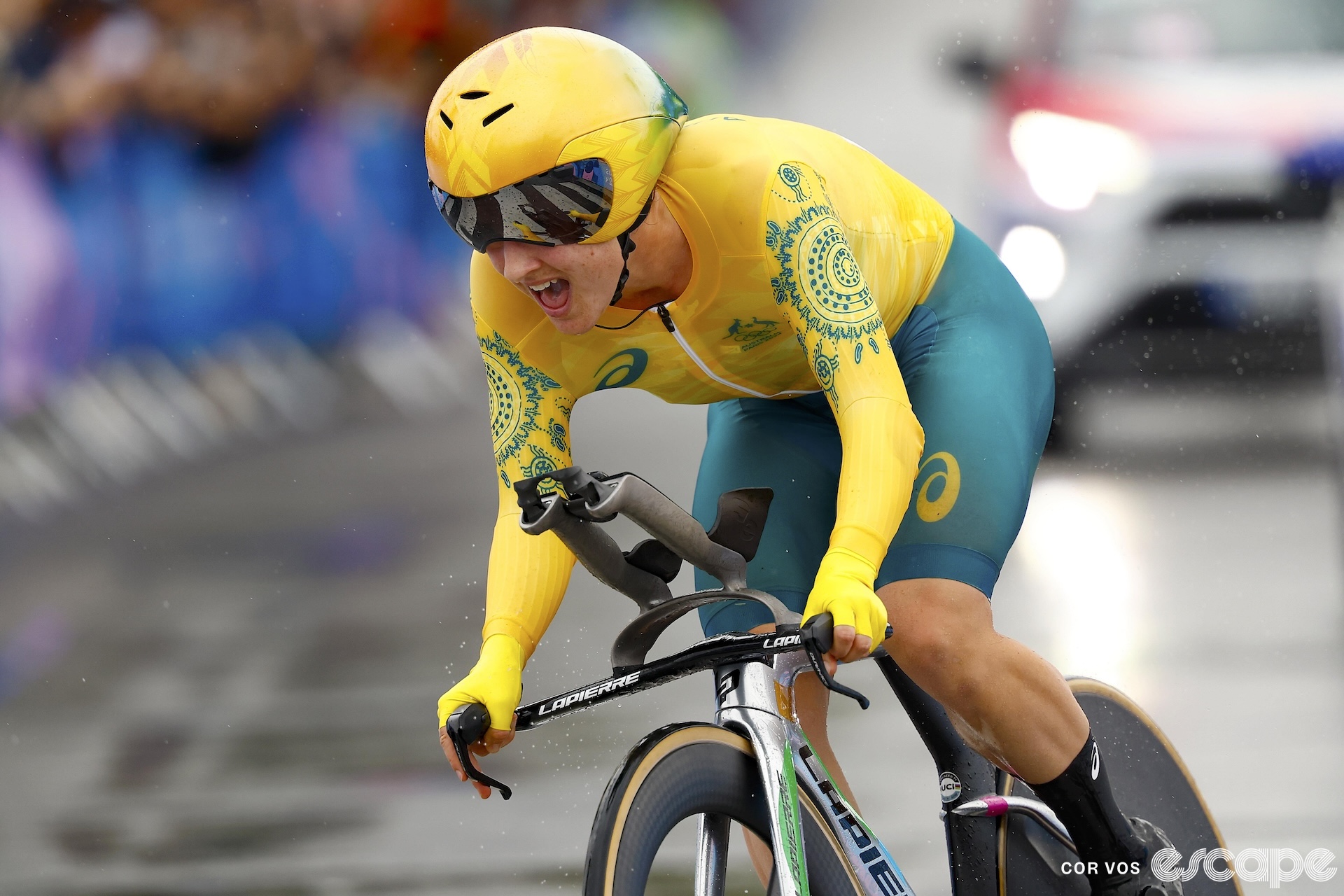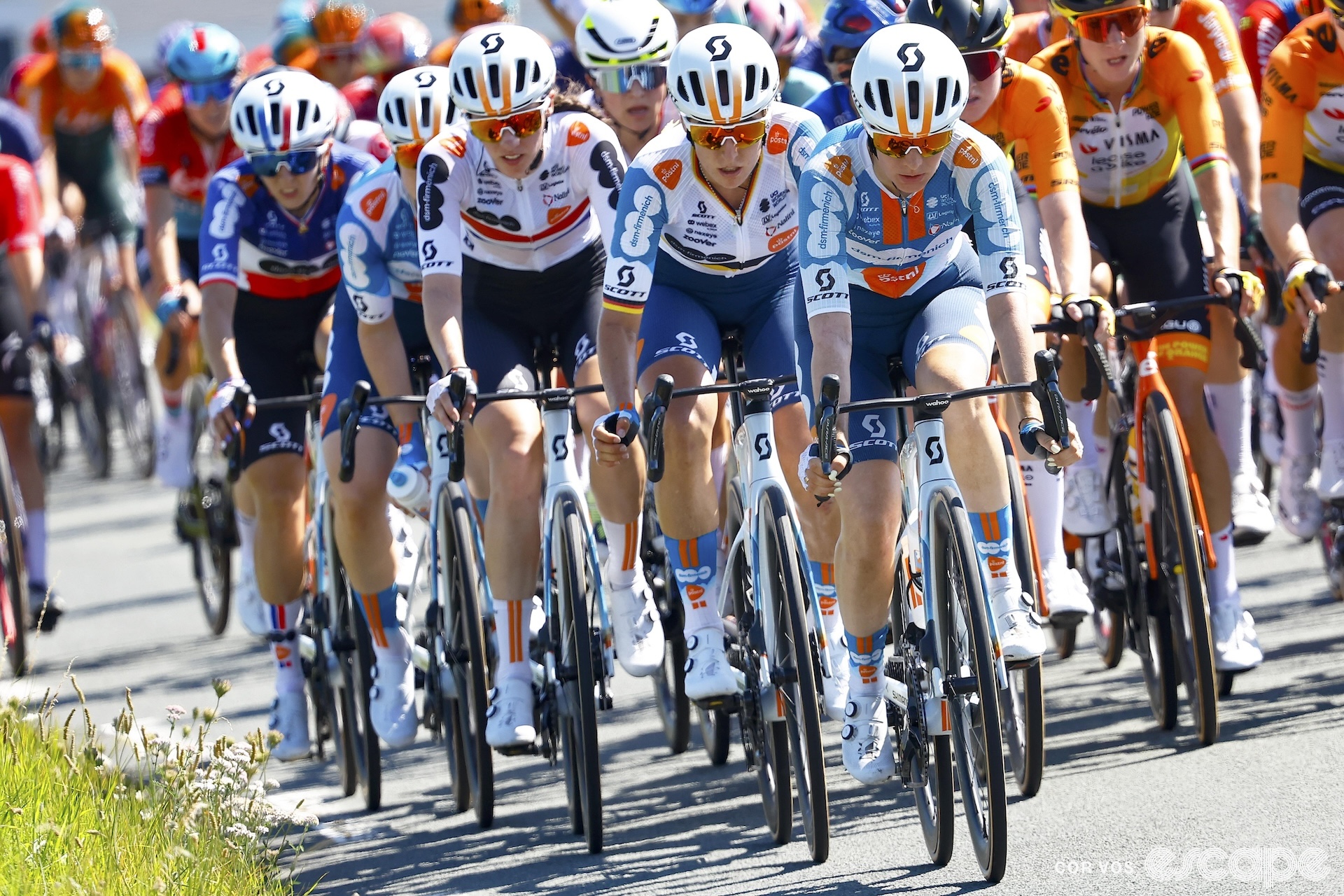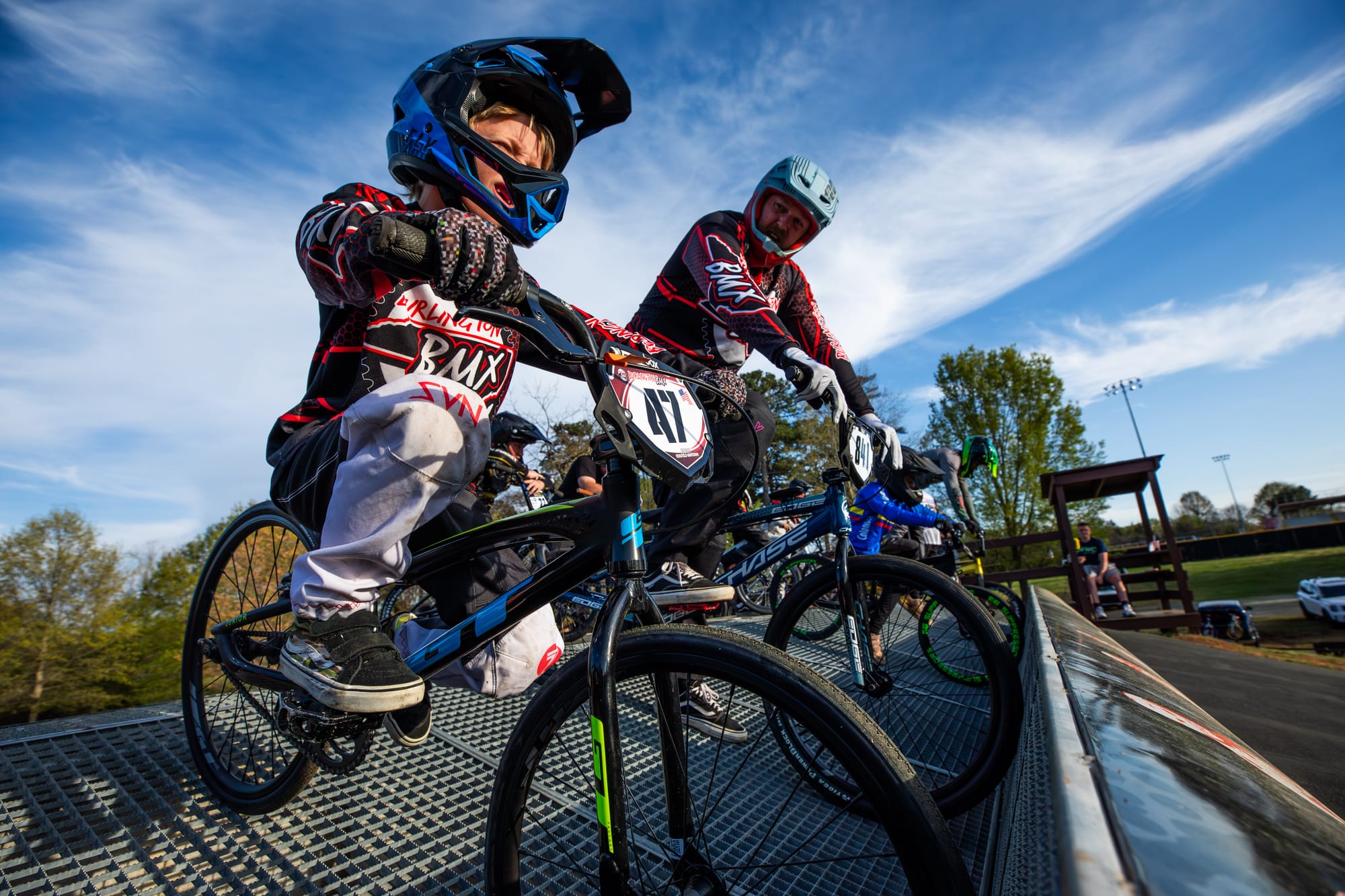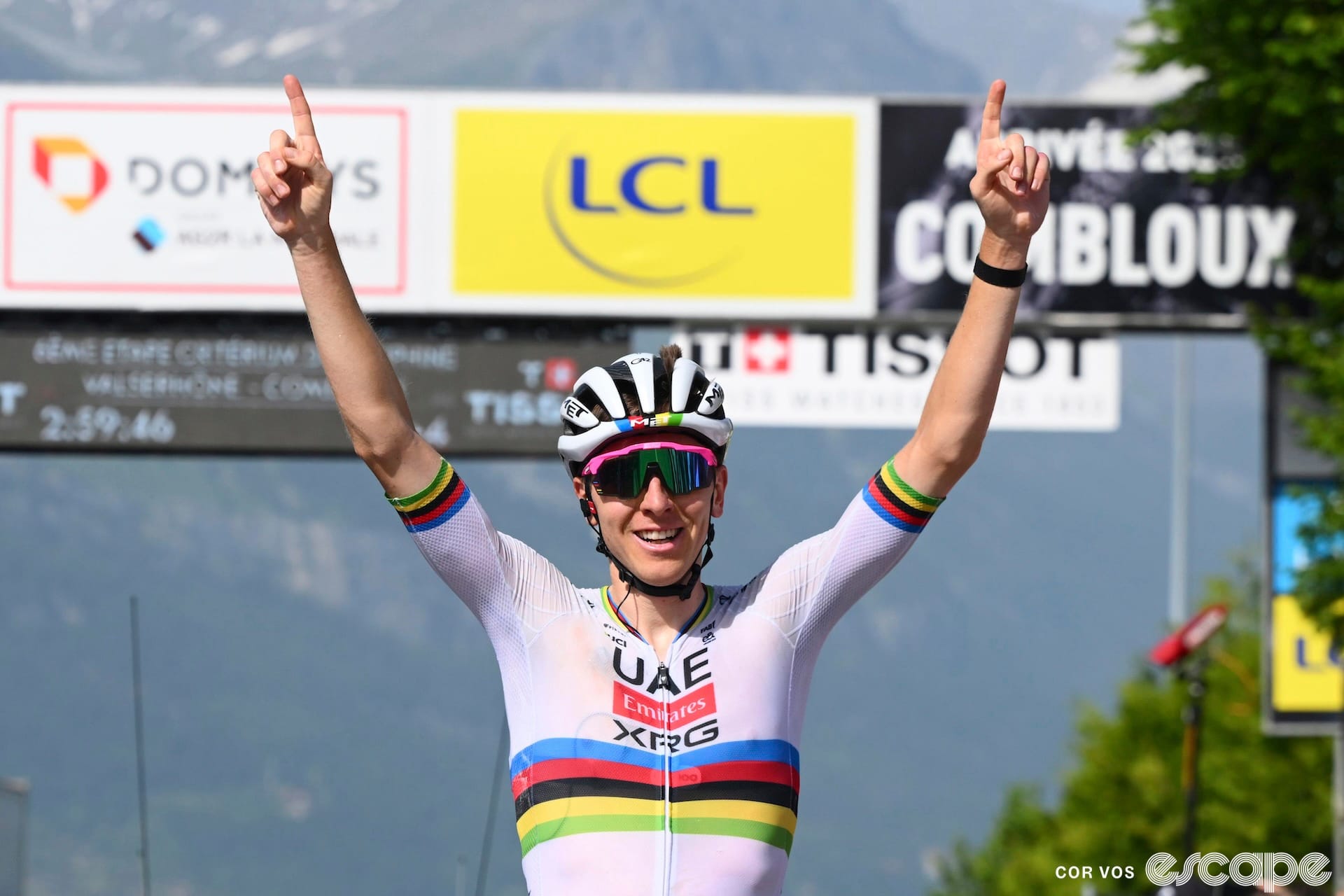Eight stage wins will be up for grabs at the Tour de France Femmes this year, just as has been the case in the past two years – but the race will only run for seven days. Although that may not seem particularly unusual to old-school bike racing fans, it will probably elicit a resounding "Wait, what?" from anyone else.
The principle idea of a split stage is simple: fit multiple stages into a single day with a morning stage and an afternoon one. The format – typically composed of a short road stage and a time trial – is a relic of a bygone era of racing no longer seen at the WorldTour level, at least until riders roll out for the first of two stages on Rotterdam this Tuesday.
At the Tour de France Femmes, riders will tackle a sprinter-friendly stage 2 in the morning and then in the afternoon, they will gear up for a stage 3 time trial, all in or around the Dutch city of Rotterdam. While neither race is difficult in isolation, stacking both in a day makes for a challenge for even well-resourced teams, as they have to handle logistics while keeping riders fuelled and recovered.
Strange as the idea may sound to those who haven't been watching bike racing for long, and especially to those who only watch the WorldTour, split stages are actually a time-honored tradition in the sport that only recently went out of favor at the highest level of racing. The men's Tour last featured two stages on a single day back in 1991, but before that, the practice was quite common.
These days, it is only allowed by the UCI in races below the WorldTour level, and even then it is somewhat rare – but organizers asked for (and received) special dispensation for the 2024 Tour de France Femmes. For the biggest race of the women's calendar, why did promoter Amaury Sports Organization opt to use the unusual format, and how are they making it happen?
As it turns out, the Paris Olympics were a driving factor behind the decision to fit eight stages into seven days.
"We have the Olympics finishing on Sunday, so we couldn't start on Sunday, because then we wouldn't have exposure on TV," Tour de France Femmes sporting director Franck Perque explained in a phone call with Escape Collective last week.
"We wanted also to have, for sure, eight stages, to not be below what we did the year before. We could have a day on [the following] Monday, but finishing on Monday wasn't so nice. We wanted to finish on Sunday as well, so: seven days."
Once organizers had settled on the idea of making one of the seven race days a split stage, they set about determining how to make it happen. Using Rotterdam as a base made the most sense as it would help organizers achieve multiple goals. Again, the typical way to do a split stage involves making one of the two legs a time trial, and having a TT in the mix early at the Tour de France Femmes could make for what Perque hopes will be a "more dynamic" race by reducing the likelihood of having the same rider win several stages in a row. There are multiple sprint opportunities in the first few days.

Rotterdam's flat roads also allow for two stages that would not be quite as demanding as, say, going up the Alpe d'Huez on the first of two stages in a single day. It was those sorts of grueling combinations that drew rider scorn in the old days where split stages were more common.
Organizers also knew they needed to be able to design two stages that could finish in the same location for logistical reasons. "We couldn't change the finish line because it's too heavy to change it in a day. Everything sitting on the finish line is huge," Perque said. "The finish line will be set for for the morning, and we just change about 400 meters … so it's all in the same area."
Finally, the team hotel situation was also an attractive one. All things considered, Rotterdam was the clear choice as the setting for a doubleheader day, and with the details starting to come together, Perque and the ASO made a formal request to the UCI to grant them permission to run the split stage.
"I wrote a letter for that, and also Christian Prudhomme and David Lappartient talked about that and they were agreed too," Perque said. "It was just about the progress for women's cycling, to make it bigger, to make it great for that week. Yes, this is an exception, but okay, we agree with that because it's good for everybody."
With the UCI's sign-off and a workable plan in place, the Tour de France Femmes ultimately settled on a stage 2 that will run 67.9 km from nearby Dordrecht into Rotterdam, likely ending in a sprint, and then a 6.3 km individual time trial in the heart of the city for stage 3. Riders should have a little less than four hours between the end of the first leg of racing and the start of the second, and managing recovery in that brief stretch will be critical.
For the women's peloton, Tuesday will be an intriguing and uncommon challenge. For fans who just can't get enough bike racing, Tuesday will be a fun one.
Did we do a good job with this story?




